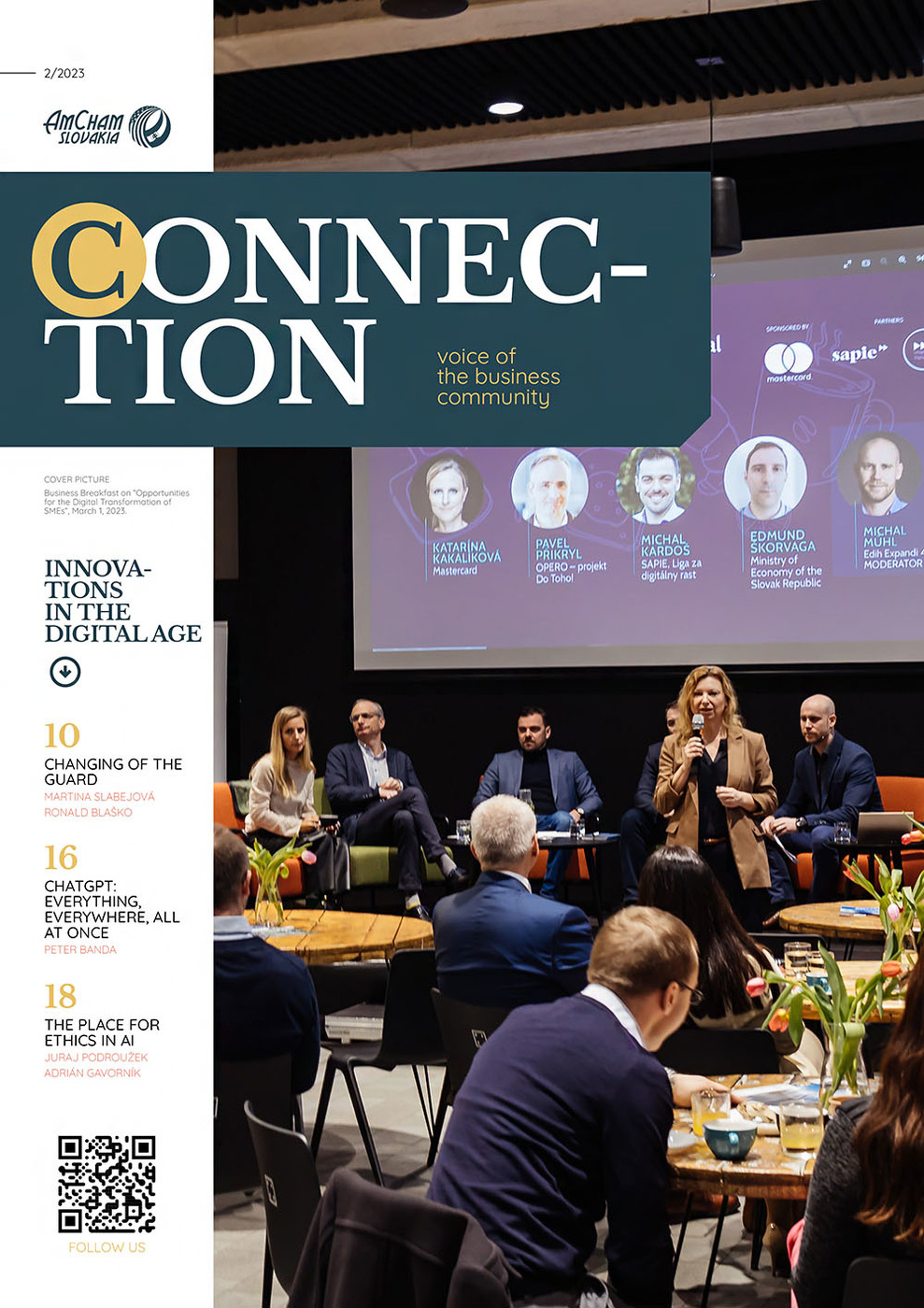Even in an era of hyperconnectivity this trust is occasionally shaken. Increased digitization brings risk as well as opportunity. Cybercrime is now estimated to cost the global economy in the region of $5trillion1 (close to 5% of the world’s GDP). Globally, ransomware cases have tripled in the last three years.
This challenges us in new ways, urging governments, businesses and civil society to step up and sharpen their cyber defenses to protect themselves and those they serve. It motivates us to innovate faster – and smarter - to defend the payments ecosystem from cyber threats.
So how can we best enhance cyber resiliency? Firstly, we need policymakers and companies to work together to harness the potential of technology, to drive standards and deliver protection for businesses and consumers alike. By collaborating with governments, the private sector and other key partners, we can develop globally harmonized cybersecurity standards, frameworks, and regulations with a high-bar for security and privacy.
 Secondly, we must continue to enhance our ability to scan for risk across the global digital ecosystem – equipping customers with insights they need to detect fraud vulnerability. As a trusted partner to governments in over 160 countries, we’re solving challenges in building cyber resilience across economies – from governments to small businesses and back again.
Secondly, we must continue to enhance our ability to scan for risk across the global digital ecosystem – equipping customers with insights they need to detect fraud vulnerability. As a trusted partner to governments in over 160 countries, we’re solving challenges in building cyber resilience across economies – from governments to small businesses and back again.
For example, last year in France, as part of Mastercard’s ‘Partnership for the Digital Economy’, together with the Paris-de-Ile Chamber of Commerce and Industry (CCI), and Bpifrance, a public investment bank, we announced our support of an 18-month cybersecurity education program for over 5,000 small and medium-sized enterprises (SMEs). The initiative comprises a series of webinars and facilitates access to Mastercard’s cyber risk self-diagnostic tool.
Meanwhile in cooperation with the government of Slovakia, Mastercard and GLOBSEC signed a Digital Country Partnership between the public and private sectors to support the digital transformation of small businesses as well as public services in the country, while addressing emerging cybersecurity challenges.
Thirdly, we need to constantly adapt and advance to stay ahead. We have invested $1 billion in expanding our cyber capabilities, enabling us to simplify the link between convenience and security by harnessing best-in-class technology, whether that’s through identity, AI, crypto or quantum computing. We must also invest in future generations to cultivate the cyber workforce of the future, to establish a globally scalable youth cyber education pathway to help students from all backgrounds build foundational cyber skills.
Of course, while we make the ecosystem safer, more secure and seamless, we also need to ensure it is more inclusive and sustainable.
By collaborating across industries, we can share intelligence to build the future of cyber security technology and innovation, as we work to bring one billion more people into the digital economy – powering trusted, expanded networks.
So, the rapid advancement of technology has many benefits. Yet none of these advances can happen without trust, as it creates the environment for innovation and for its adoption into our daily lives.
As we strive to innovate to outpace cyber threats, we must ensure trust is not an afterthought, but remains central to our efforts to make payments seamless and secure. Maintaining this equilibrium is vital to protecting the connections that power our digital world.
***
1 Two reports form the basis of this statistic: (a) Navigating The Fraud Economy: Five Tactics To Fend Off Fraudsters (forbes.com); (b) Fraud costs the global economy over US$5 trillion | Crowe Global
Mastercard



Follow us